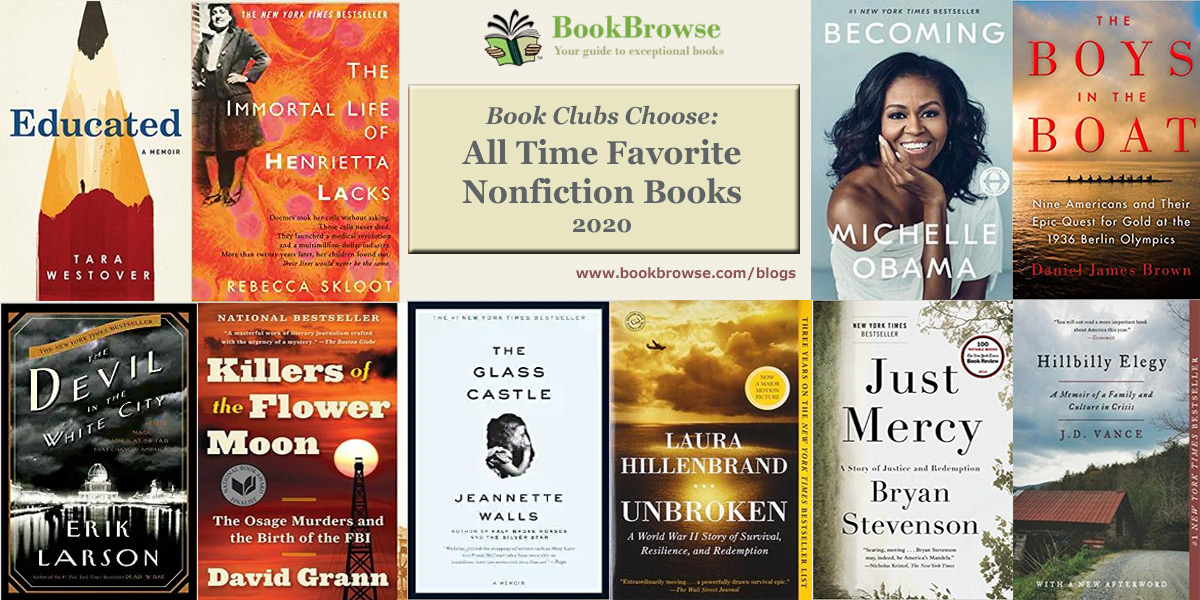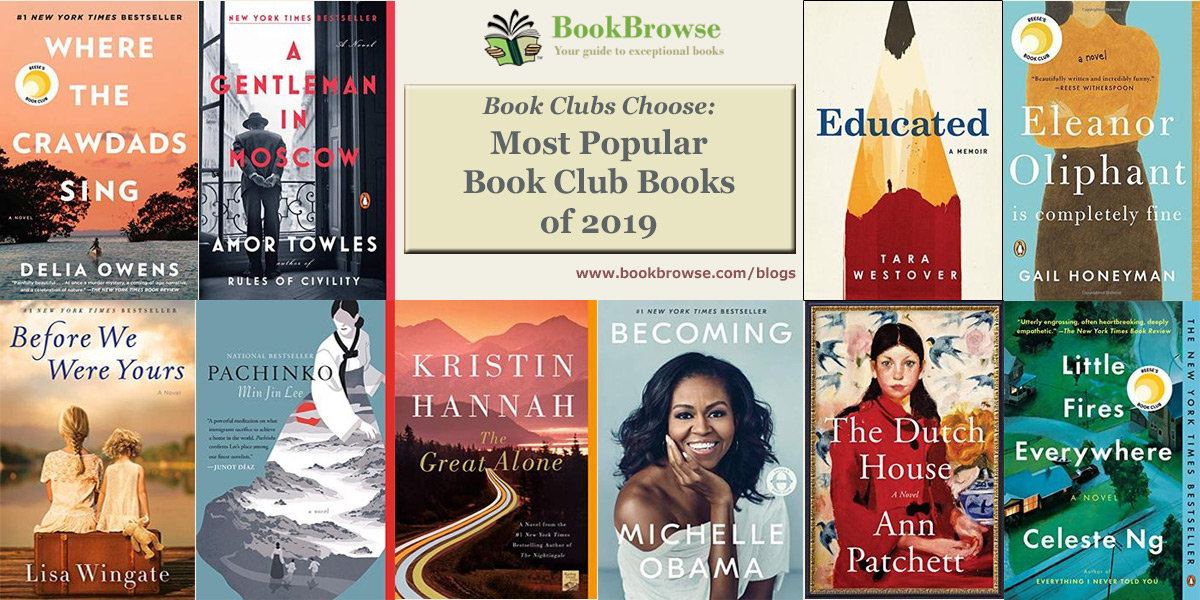


This month, we highlight books from the Indian subcontinent (which consists of Bangladesh, Bhutan, India, Nepal, Pakistan, Sri Lanka and the Maldives.) Reading something set in another part of the world can be both informative and fun, offering you the opportunity to learn new things about unfamiliar places and cultures. And, in the case of these books, you can also feel confident they will be good choices for your book club. We have discussion guides for all but one; and all are also available in paperback, or will be soon.
Watching a movie based on a book you like can be a great way to supplement your reading. The director and the screenwriter, generally, are showing you their interpretation of the book, and while you may not always agree with that interpretation, the film will usually give you something to think (and talk!) about.
This year, Greta Gerwig's beautiful adaptation of Louisa May Alcott's Little Women earned four Academy Award nominations, including a (well-deserved) Best Picture nomination. But 2019 also brought several other noteworthy movies based on books that are worth checking out. For a change of pace, consider reading one of the books below with your book club and then screening the film.
2019 was a year of literary sequels: bestselling authors expanding on fictional worlds they created, in some cases decades after the original book was published. Find Me by André Aciman is one such example, published 12 years after Call Me By Your Name. But it's hardly a new phenomenon—here are some of the most noteworthy literary sequels to have hit the shelves, often to the surprise and delight of readers everywhere.